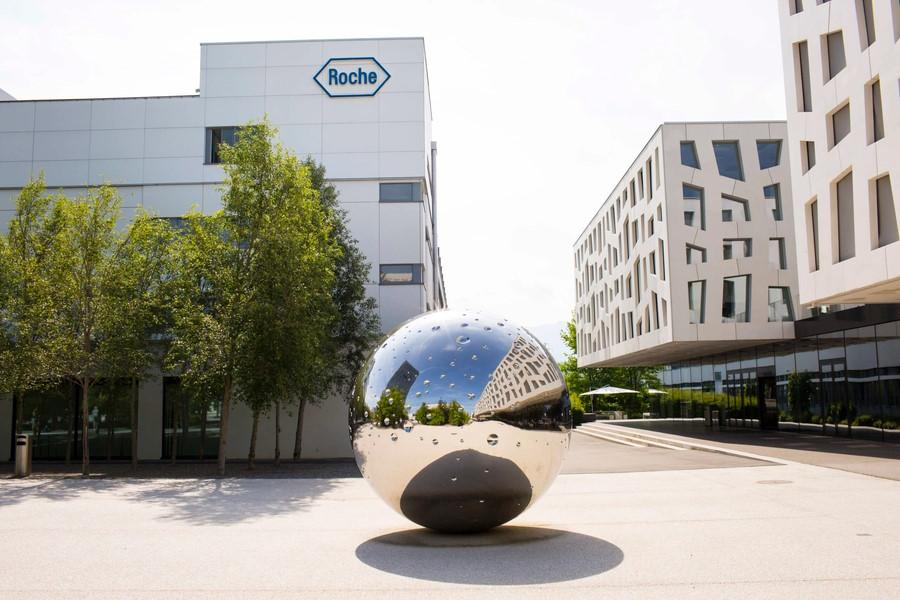Roche, Lilly join forces on blood test for Alzheimer’s

Roche and Eli Lilly have started testing a blood test that could be used to diagnose Alzheimer’s before symptoms arise, providing an alternative to expensive brain scans and speeding up the identification of people at risk of the disease.
The two pharma companies – both active in trying to develop new therapies for the neurodegenerative disorder – are starting a two-year trial of Roche Diagnostics’ Elecsys Amyloid Plasma Panel (EAPP) test, which detects trace levels of beta amyloid protein in the blood and was recently given breakthrough status by the FDA.
The expectation is that earlier identification of patients destined to develop Alzheimer’s could allow treatment to start earlier, now that drugs targeting the amyloid plaques that characterise the disease are available from Eisai and Biogen.
The EAPP test, which runs on Roche’s widely-used Elecsys analysers, could potentially also be used to accelerate recruitment of patients into clinical trials of new treatments, and help researchers make faster progress in understanding the complex disease.
At the moment, Alzheimer’s is typically diagnosed with the help of time-consuming and expensive PET brain scans or invasive spinal fluid analysis, coupled with cognitive testing. Access to PET scans can be challenging, however, and, according to Roche and Lilly, up to 75% of people living with the symptoms of Alzheimer’s worldwide are still without a diagnosis.
Those who have received a diagnosis waited an average of 2.8 years after symptom onset, they point out, adding that swifter diagnosis could help alleviate strain on healthcare systems. The EAPP could also be used to identify patients less likely to develop amyloid deposits and who may have other forms of dementia, helping to direct the appropriate use of new medicines.
Roche told Reuters that the new trial will enrol several hundred volunteers with early signs of dementia over the next 18 to 24 months, in the hope of preparing a regulatory filing for the EAPP test in 2025.
Roche’s Genentech division reported disappointing top-line results from its highly-anticipated phase 3 trial of anti-amyloid antibody gantenerumab in early Alzheimer’s disease last year. The company is still actively seeking a way forward with half a dozen candidates addressing amyloid and other targets, including tau protein, at various stages of clinical development.
Lilly, meanwhile, is awaiting further results with its amyloid drug donanemab, after the FDA rejected accelerated approval of the drug on the grounds that there were too few patients in the dataset that had received the drug for at least 12 months.













